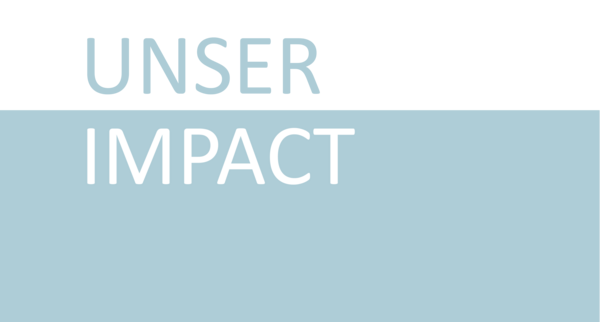Anders sein: Interkulturelle Kompetenz im Gesundheitswesen
Zusammenfassung
Verhaltensweisen, die hierzulande üblich sind, werden andernorts völlig anders interpretiert. In Österreich ungewohnte Verhaltensweisen, wie z. B. Vermeiden des Blickkontakts, lässt in Gesundheitsberufen Tätige manchmal zweifelnd, ratlos oder wütend zurück. Viele Missverständnisse beruhen auf unterschiedlichen Erwartungen und Vorstellungen. Nachvollziehendes Verstehen, Reflektieren und sprachbewusstes Kommunizieren vermeiden Missverständnisse, deren Aufklärung Zeit und Energie kostet.
Gedankliches Miteinbeziehen patienten- und kulturspezifischer Aspekte in Diagnose und Therapie ermöglicht durch miteinander-Reden zum miteinander-Handeln zu gelangen.
Schlüsselwörter: Transkulturelle Kompetenz, Kognitive Kompetenz, Affektive Kompetenz, Kultursensibles Therapieren, Kommunikation
Abstract
Around the world, from country to country, one finds different behavioural patterns. In Austria, unknown patterns (like avoiding eye contact) can distress doctors and medical personnel, sometimes leaving them doubtful, perplexed, or uncertain. Many misunderstandings are caused by these different expectations and beliefs. Respectful awareness, reflection, and “walking in other’s shoes” during communication can help to avoid such misunderstandings, though they require time and effort. But the use of patient information that includes culture-specific aspects can improve communications, helping patients accept suggested therapies from medical practitioners, while providing them both the opportunity to interact and communicate effectively with each other.
Keywords: intercultural competence, cognitive competence, affective competence, culturally sensitive therapy, communication
Mag. Dr. Renate Csellich-Ruso
Kölblgasse 26/25, A-1030 Wien
renate.csellich(at)aon.at
www.cr-communication.at







